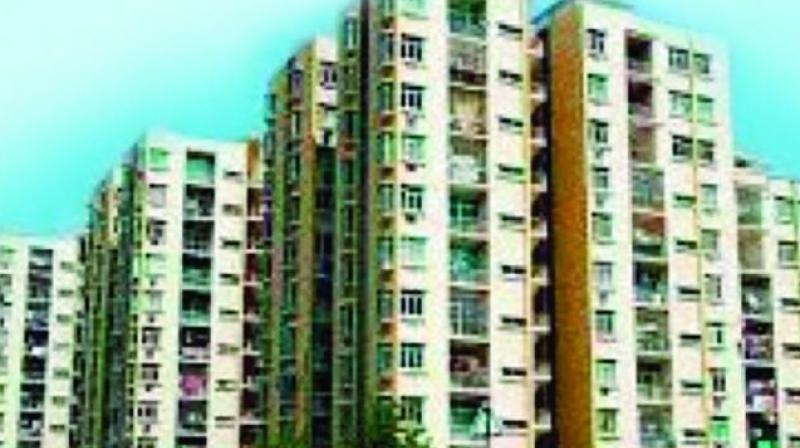Quick fix for joint development disputes

With a scorching summer on and water scarcity staring us in the face, a childhood friend recently sought my opinion on a dispute emanating from the joint development of his property. The grievance is about the promoter not adhering to a clause in the agreement to install a Reverse Osmosis Unit in the building and cutting corners by erecting a water softener system instead. While the former, a costlier option, is for purification of water that is fit for drinking, the latter is only to reduce the saline content, converting hard water into soft water.
The relief sought would run into a few lakh rupees. What are his legal remedies? Like hundreds of similar individual bungalows in our cities, my friend’s property was on about 2 grounds. For starters, it does not fall within the ambit of the Real Estate (Regulation & Development) Act, (Rera). Section 3(2) (a) applies only to projects that are built on more than 500 square metres, which works out to 5380 square feet, a little under two and a half grounds, or eight apartments or (b) where the promoter had obtained the completion certificate prior to the commencement of this statute, which is the year 2016. So this option goes out of the window.
A suit for specific performance of the contract under Section 10 of the Specific Relief Act will not lie as there is an arbitration clause in the joint development agreement. In any case, court fee and the duration of the case would render this option unsuitable. The arbitration clause mentions a panel of three arbitrators instead of a sole arbitrator. Strategically, big players hem in a trio, just to dissuade invocation of the clause by making the process expensive in the event of a dispute.
Even when the arbitrators’ fees, venue and other expenses are borne equally by the parties, the cost of arbitration will either exceed or be the same as the relief sought. That is if damages are not awarded and the arbitral award is not challenged under Section 34 of the Arbitration & Conciliation Act. Incidentally, the Law Commission of India, in its 246th report had noted that “judicial intervention in arbitration proceedings adds significantly to the delays in the arbitration process and ultimately negates the benefits of arbitration.”
A ‘surgical strike’, however, is possible through an application for interim relief under Section 9 of the Act, citing urgency. If both the parties agree, a joint application can be made for the court to appoint a sole arbitrator to bring down the cost of the process. Mercifully, an arbitration clause in an agreement is no bar on filing a complaint before the consumer forum or commission as Section 3 of the Consumer Protection Act, stipulates that this remedy is not in derogation of any other law.
The Supreme Court in Emaar Land Limited Vs Aftab Singh referred to an earlier decision in Skypak Couriers Limited Vs Tata Chemicals, which held that “the existence of an arbitration clause will not be a bar to entertaining a complaint by the redressal agency.”
Alluding to the commercial nature of the transaction, a standard defence by the opposite party would be that the complainant is nota ‘consumer’ as defined under Section 2(d)(1) of the Consumer Protection Act. Fortunately, the Supreme Court in Bunga Daniel Babu Vs Sri Vasudeva Constructions found the decision of the Apex Court in Faqir Chand Gulati Vs Uppal Agencies Pvt. Ltd “illuminative”.
It had held that “the builder ensures absolute control in himself, only assuring the quality of construction and compliance with the requirement of local and municipal laws...” In the Bunga Daniel case, the Supreme Court was clear that the landowner is a consumer and the builder a service provider.
But here again, we are looking at legal costs of at least fifty thousand rupees for a consumer case and a time frame of 3 to 5 summers! Seven years ago, before making a big career move from television journalism to law, I had sought the blessing and guidance of former Attorney General of India K.Parasaran.
The legal luminary’s sage advice was to “focus on what relief you can get for your client.” Given the cost of litigation and the onerous pendency of cases, for relatively minor disputes, a compromise across the table may be more feasible than a resolution across the bench!
(The writer is an advocate at the Madras high court, columnist & author)

